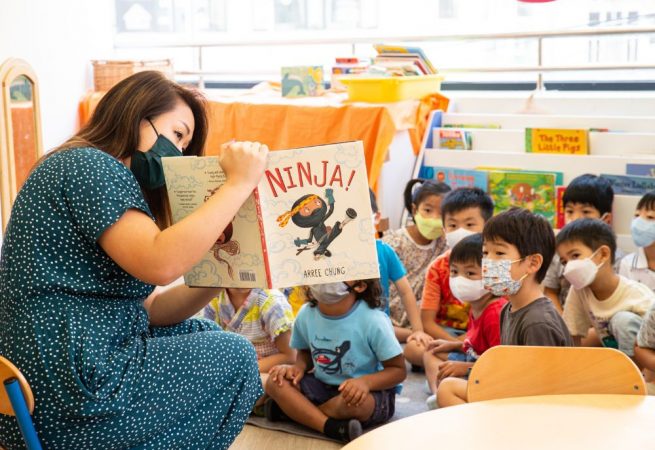

How Playgroups in Hong Kong Support Early Childhood Development
Playgroups have long been recognized as a vital tool for fostering early childhood development. As more parents and teachers in Hong Kong want to guarantee that young children have a strong basis for their cognitive, social, and emotional development, the value of these orderly but playful settings has become much more important. Usually serving children under the age of five, playgroup hk offers a casual environment where kids could practice structured play, socialize with friends, and pick up important life skills.
Fostering Cognitive Development through Structured Play
Encouragement of cognitive development is one of the main ways playgroups enhance early childhood development. Children engage in a range of age-appropriate activities meant to pique their intellectual curiosity and problem-solving ability in these environments.
Children are guided to investigate these ideas at their own speed in a playgroup setting under the direction of teachers and caregivers. This lays a strong basis for future academic performance and helps children to develop critical thinking and reasoning ability. Playgroups’ casual character also means that learning happens through enjoyment, which appeals more to young children.

Promoting Social Skills and Emotional Intelligence
Playgroups also give young children the chance to acquire essential social skills, which is another great advantage. Children who interact in a controlled environment can develop empathy, communication, and collaboration by means of peers. Early social events teach kids how to share, take turns, and correctly convey their emotions.
Children who participate in group projects also develop their sense of belonging and learn social dynamics. Building emotional intelligence depends on this since kids learn to recognize their own as well as those of others. Playgroup teachers’ direction guides children in resolving problems, improving their communication skills, and forging good friendships with their classmates. As kids get older, these encounters set the foundation for robust social and emotional well-being.
Supporting Language Development through Interaction
Another area in which playgroups significantly influence is language development. Children experience abundant language input in a playgroup environment via interactions with adults and peers. Children have chances to practice speaking and listening by means of storytelling, singing, and role-playing, thereby improving their vocabulary and language comprehension.
Encouraging Physical Development through Active Play
Another vital area helped by playgroups is physical development. Playgroups include a range of activities that meet the demands of young children’s developing fine and gross motor abilities. Children develop their coordination, balance, and strength whether running, climbing, or playing with small items.
From interactive games to arts and crafts, these pursuits help not just with physical development but also with hand-eye coordination and spatial awareness. Playgroups support children in forming good habits that would aid them all their lives by motivating mobility and physical expression.
Early childhood development in cognitive, social, emotional, language, and physical domains is much aided by playgroup hk. These settings give kids the chance to grow, learn, and explore in loving surroundings. Playgroups provide a great forum for parents and teachers both to produce well-rounded, confident, and socially conscious children who are better ready for the demands of life and the classroom. Through playgroup activities, young children can develop the fundamental skills required for success on their future paths in both schooling and personal development.












